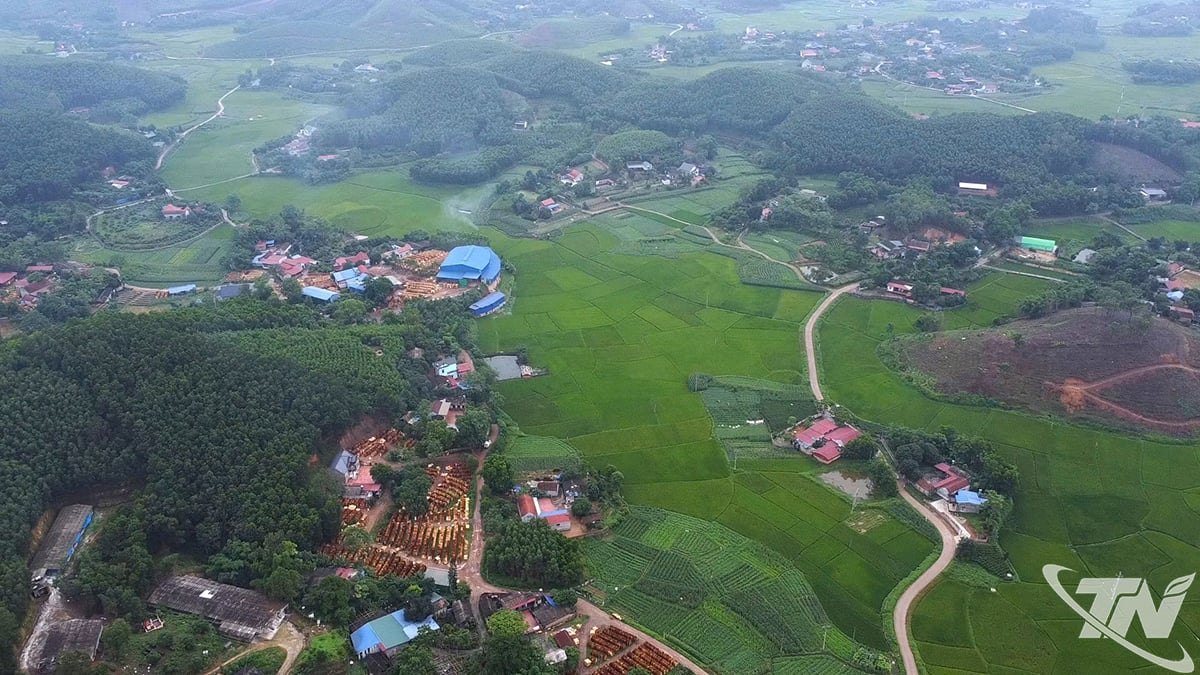 |
| Thai Nguyen is transitioning to sustainable green agricultural development. |
Green production area planning
In the new context, Thai Nguyen is shifting strongly to the concept of "sustainable green agriculture", with criteria such as: Minimizing environmental impacts (reducing the use of pesticides, chemical fertilizers, saving water, etc.); increasing the ability to adapt to climate change; developing a circular economy in agriculture (reusing waste and by-products); enhancing social security, creating jobs and long-term livelihoods, etc.
Thai Nguyen has determined that agricultural development does not only focus on output but also has a higher goal of green, clean, safe, efficient production, responsible for the environment and future generations. Since then, the province has focused on building concentrated green agricultural production areas.
The province has planned green agricultural production areas in the direction of commodities, concentrated, such as clean tea areas; organic fruit areas, biological livestock areas; clean aquaculture areas... These models not only apply new technology but also strictly comply with environmental and food safety standards, especially using biological and organic products instead of chemicals.
One of the breakthroughs in Thai Nguyen's agricultural transformation is to promote the role of enterprises and cooperatives. There are currently 7 cooperative unions in the province, with 50 members and a total charter capital of about 40 billion VND. The cooperative unions have gradually played the role of linking production, forming a value chain from production to consumption, and providing better support for member cooperatives.
At the same time, enterprises and cooperatives are also at the forefront of building green value chains, applying technology to environmental protection, and producing clean products. The evidence is that up to now, the whole province has 561 OCOP products with 3 stars or more, including 438 3-star products; 113 4-star products and 10 5-star OCOP products.
Investing in infrastructure and digitalizing agriculture
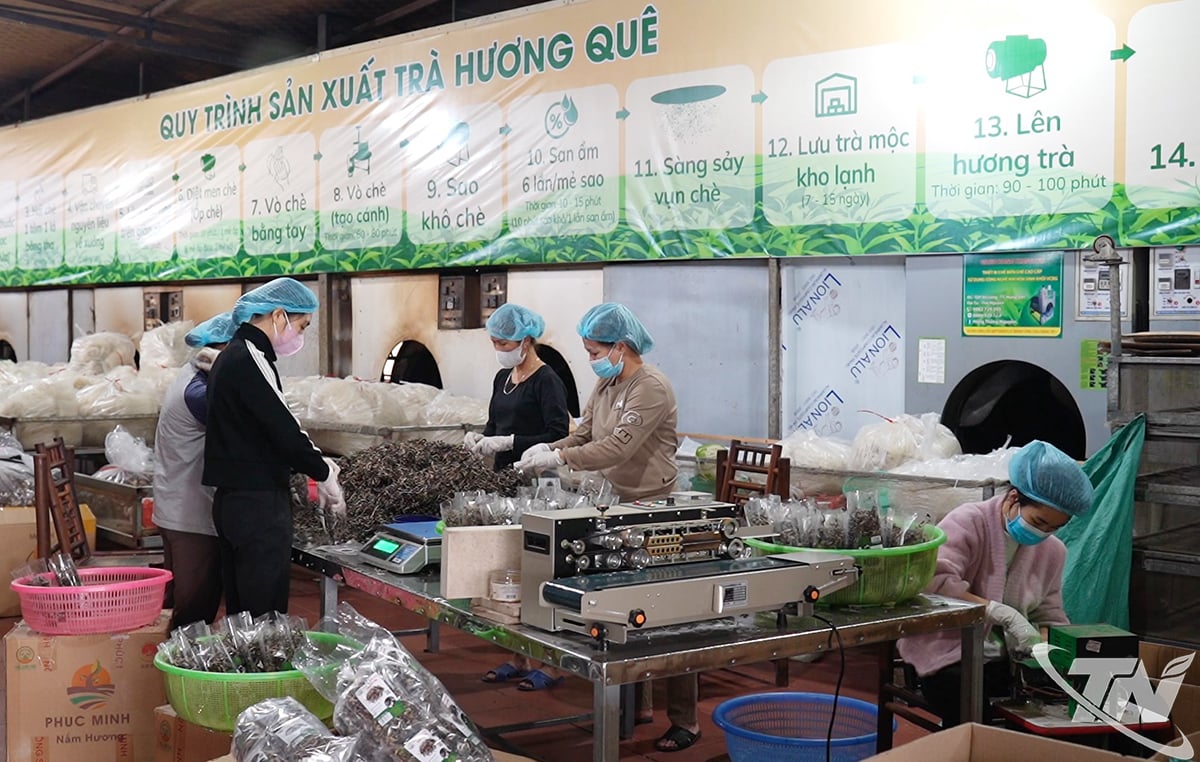 |
| Clean tea production at Phu Luong Agricultural Cooperative. |
In order to develop sustainable agriculture, Thai Nguyen also actively invests heavily in green agricultural infrastructure, focusing on four main goals: Smart irrigation canal system; Standard post-harvest processing and preservation area; Center for disease-free plant and animal varieties; Market information system and agricultural digital map.
Thai Nguyen is a pioneering province in applying digital transformation in agriculture, with the deployment of QR codes for OCOP products, electronic handbook systems for farmers, and software to monitor production processes according to VietGAP and GlobalGAP standards.
Developing green agriculture cannot be just a slogan, but requires a change in the thinking and actions of farmers. One of the obvious changes is the awareness of environmental protection in agricultural production.
Many farmers in Thai Nguyen have proactively switched from abusing chemicals to using microbial fertilizers, herbal pesticides, composting organic fertilizers on site, utilizing agricultural by-products for composting, planting cover crops, and rotating crops to reduce pests and diseases.
Thai Nguyen is also implementing the 1 million green farmers - digital - sustainable program by 2030, aiming to train farmers in sustainable production skills, economical use of resources and technology application.
Challenges and synchronous solutions
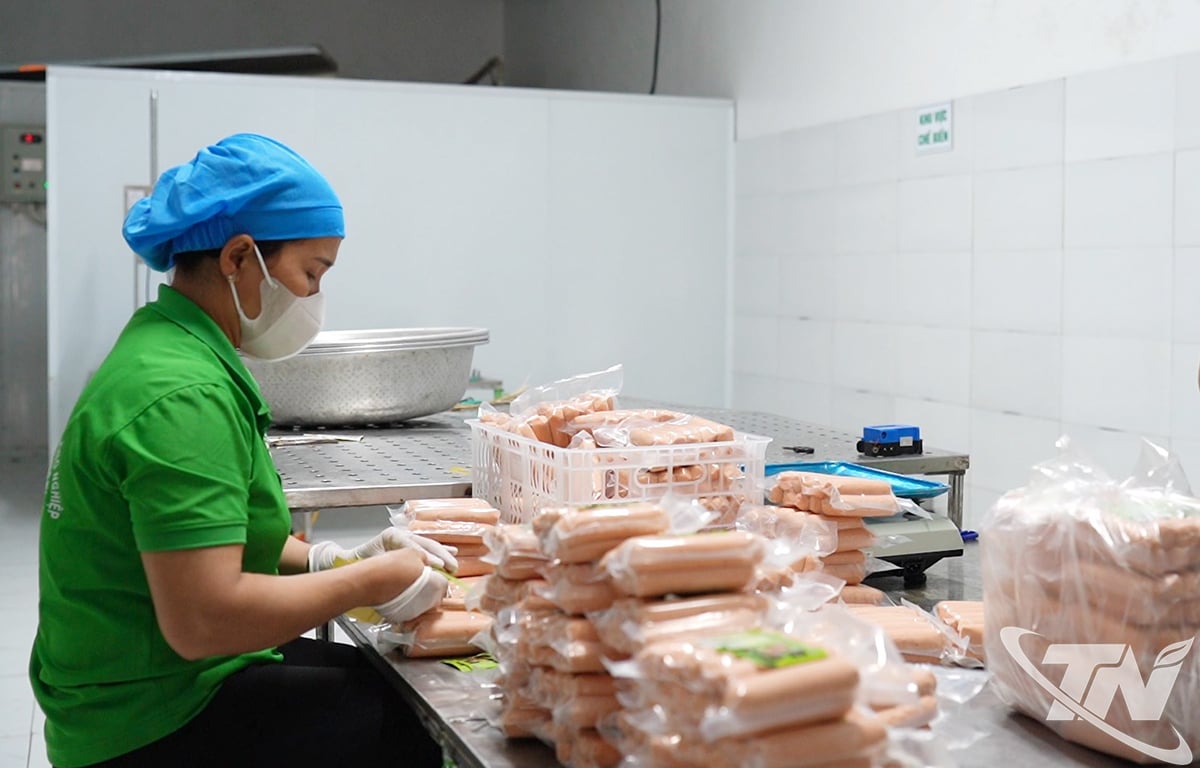 |
| Sausage products of Nga My Cattle Breeding and Agricultural Production Services Cooperative. |
Despite the clear orientation, the journey from high-tech agriculture to green agriculture in Thai Nguyen still faces many difficulties and challenges. Specifically: The rate of application of high technology and green processes is still low, lack of capital to invest in infrastructure, technology, small-scale production practices, difficulty in linking, lack of technical staff, green technology transfer...
To overcome these barriers, the province needs to implement a series of solutions such as: Building specific support mechanisms and policies, especially for cooperatives and green production enterprises; attracting private investment and FDI in the fields of green agriculture and processing industry. Promoting research, transferring science and technology, and cooperating with institutes, schools and international organizations.
Along with that, it is necessary to strengthen communication, education, raise people's awareness, especially the young generation; coordinate regional linkages, build green raw material area brands, develop ecological agricultural tourism associated with OCOP products...
Thai Nguyen aims to have 80% of agricultural products meeting VietGAP, GlobalGAP, and organic standards by 2030; 100% of concentrated production areas digitized and managed by technology; 30% reduction in the amount of plant protection chemicals and inorganic fertilizers in cultivation; 100% of agricultural waste reused or treated to standards; 50% of farmers trained in green farming techniques and digital production.
The province is also aiming to form a "green - smart - sustainable agricultural ecosystem", in which agricultural production is inseparable from environmental protection, indigenous culture and people's quality of life.
| From the goal of developing high-tech agriculture, Thai Nguyen has established a higher step - that is green, ecological, sustainable agriculture. This is not only a global trend but also suitable for practical conditions, helping the province effectively exploit agricultural potential, improve the environment, ensure livelihoods and adapt to future climate challenges. |
Source: https://baothainguyen.vn/kinh-te/202509/tu-nong-nghiep-cong-nghe-cao-den-nong-nghiep-xanh-ben-vung-d4245a1/



![[Photo] Prime Minister Pham Minh Chinh meets with South African President Matamela Cyril Ramaphosa](https://vphoto.vietnam.vn/thumb/1200x675/vietnam/resource/IMAGE/2025/10/23/1761226081024_dsc-9845-jpg.webp)
![[Photo] President Luong Cuong holds talks with South African President Matamela Cyril Ramaphosa](https://vphoto.vietnam.vn/thumb/1200x675/vietnam/resource/IMAGE/2025/10/23/1761221878741_ndo_br_1-8416-jpg.webp)
![[Photo] Prime Minister Pham Minh Chinh chairs meeting on railway projects](https://vphoto.vietnam.vn/thumb/1200x675/vietnam/resource/IMAGE/2025/10/23/1761206277171_dsc-9703-jpg.webp)


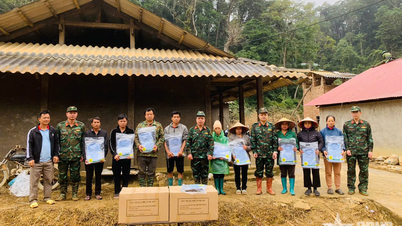



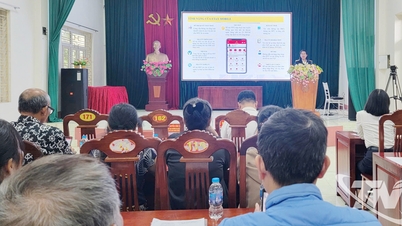
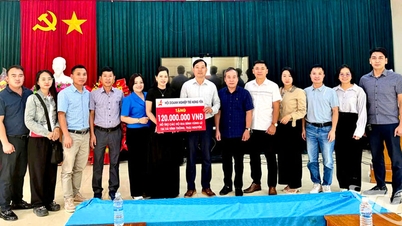
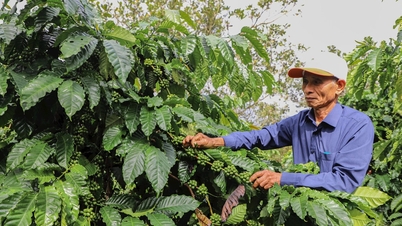

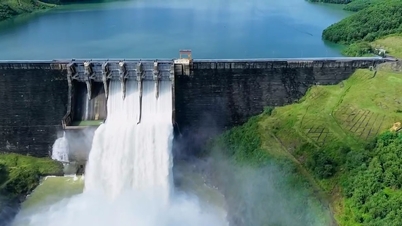

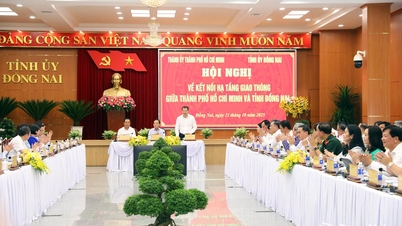



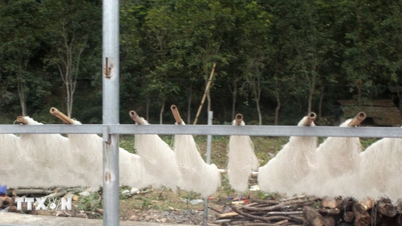

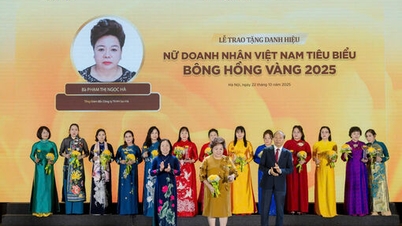

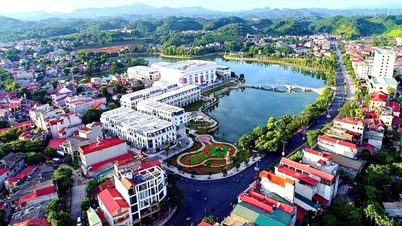
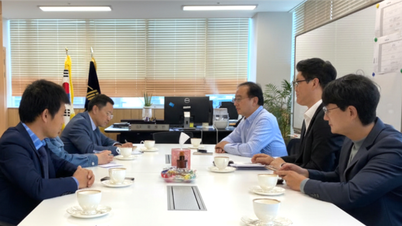




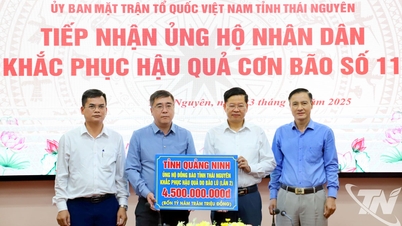
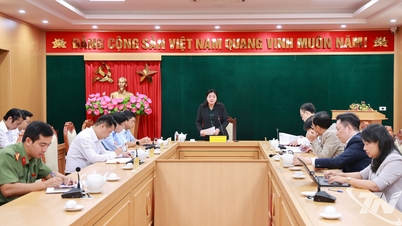
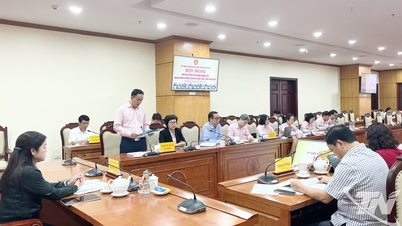
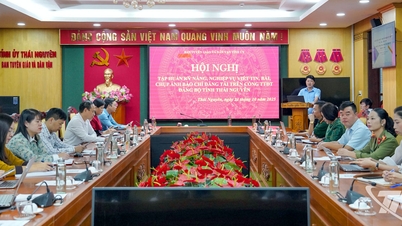
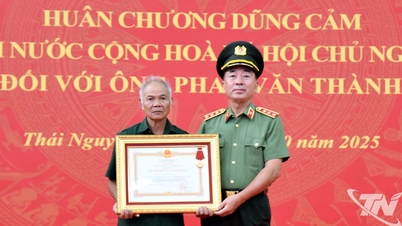
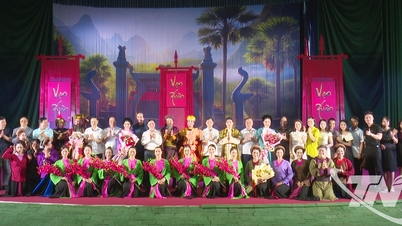


































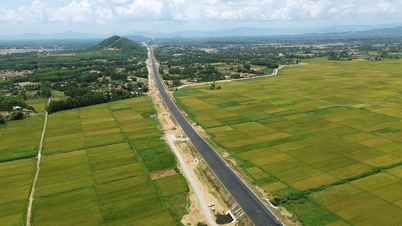





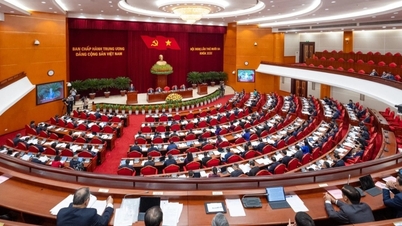



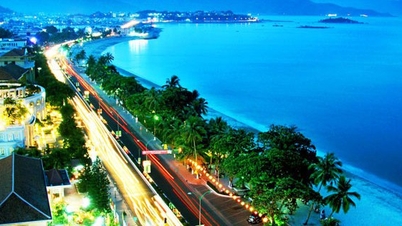
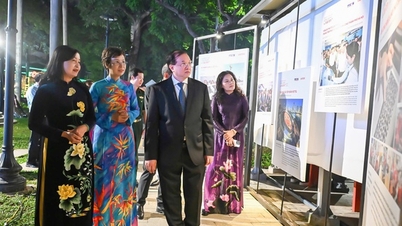



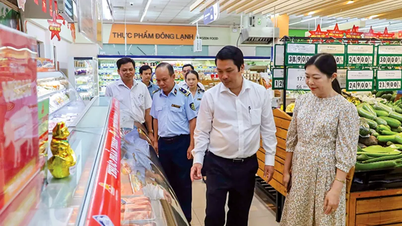

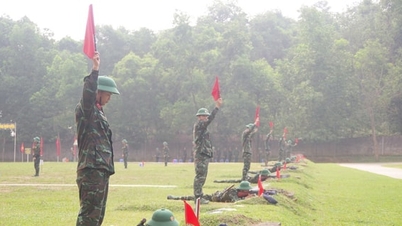

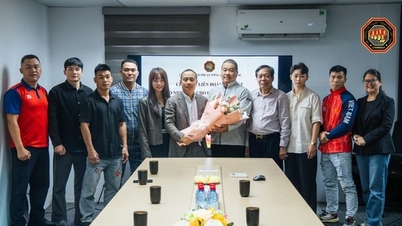
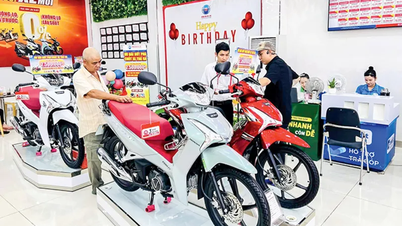
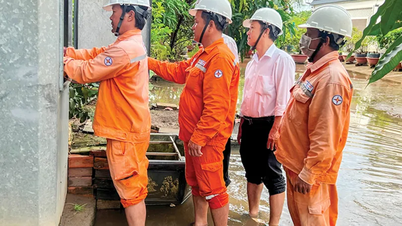
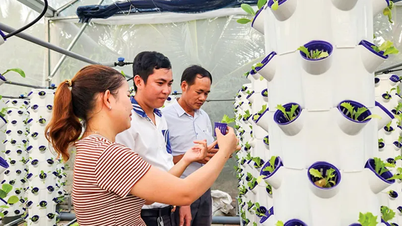











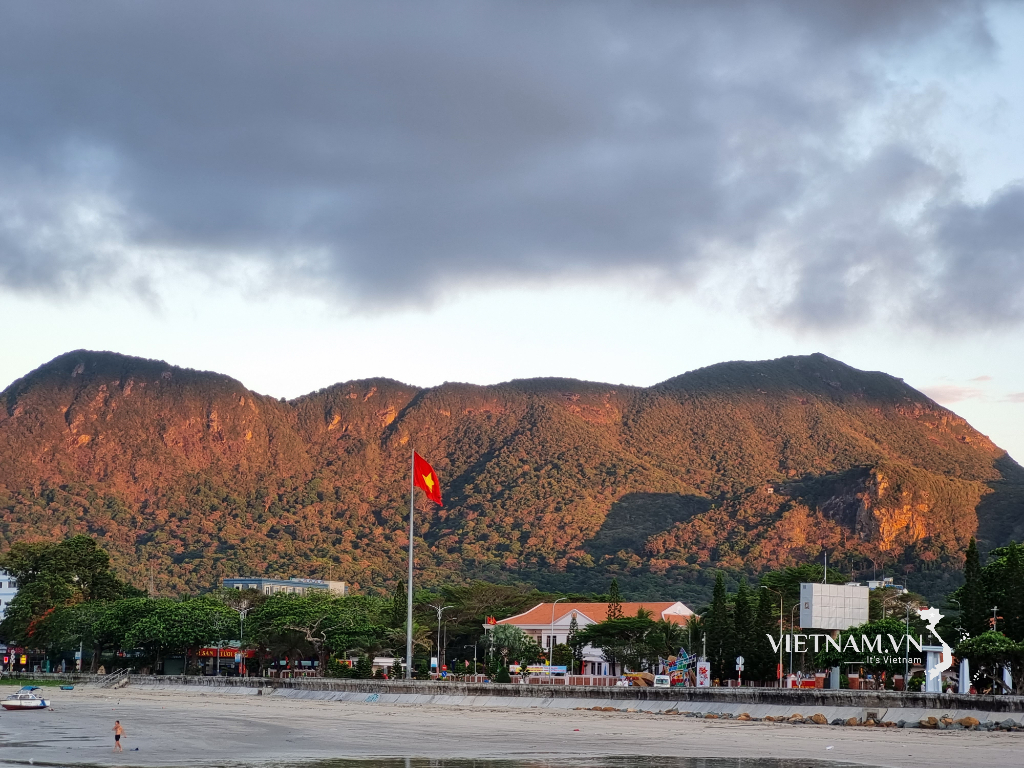


Comment (0)